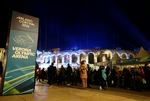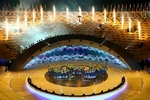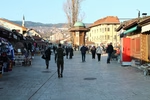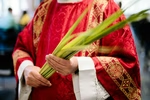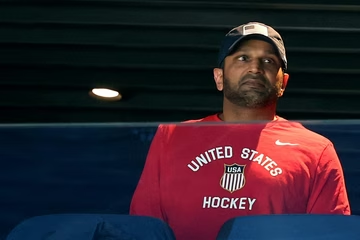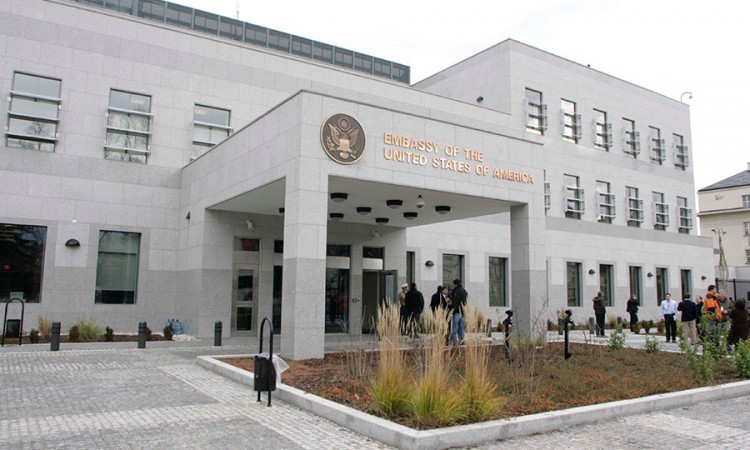
United States Embassy condemned the commemoration of January 9 as the Day of Bosnia’s Republika Srpska (RS) entity, which the Constitutional Court declared illegal, and the Sunday’s award of Vladimir Putin on this occasion, warning that undermining the state of BiH and claims for RS independence will only result in the entity’s destruction.
“
RS President] Milorad Dodik's decision to bestow an award on Vladimir Putin, the man who launched an unprovoked invasion of Ukraine that has resulted in the death of thousands of civilians and the massive destruction of infrastructure, was reprehensible. It was a repudiation of the values of the Euro-Atlantic community and the rules-based international order.
Likewise, Mr. Dodik's decision to celebrate the Day of Republika Srpska on January 9 is illegal. It violates the BiH Constitutional Court decision that the commemoration is unconstitutional. Article III(3) of the Dayton Constitution is clear: the Republika Srpska must fully comply with the decisions of the institutions of Bosnia and Herzegovina, including the final and binding ruling of the BiH Constitutional Court, whether RS authorities like them or not.
The calls for RS independence repeated yesterday coupled with specious legal claims about its competencies and attempts to undermine the state of Bosnia and Herzegovina are pushing the country down a dangerous path. The Republika Srpska will only destroy itself and those around it pursuing the will-o-wisp of independence,” the US Embassy said.
https://twitter.com/USEmbassySJJ/status/1612424465232850944?s=20
The marking of January 9 as the Day of Bosnia’s Republika Srpska (RS) entity, which was declared unconstitutional by the state Constitutional Court, already began Sunday in Banja Luka, and on Monday a parade will be held on the streets of East Sarajevo for the first time.
On January 9, 1992, Bosnian Serbs issued the Declaration of the proclamation of the Republic of Serbian people of Bosnia and Herzegovina, which Bosniaks see as a prelude into the 1992-95 war that took over 100,000 lives, devastated the country and saw the return of genocide back on European soil.
The war ended with a peace agreement brokered in Dayton, Ohio, in 1995, which divided the country into two semi-autonomous regions – Republika Srpska with a majority Serb population and the Federation of mainly Bosniaks and Croats.
The holiday was declared unconstitutional by the country’s Constitutional Court in November 2018 but authorities in Republika Srpska continue to ignore the ruling, despite criticism from the country’s Bosniaks and the international community.
Bosnia’s Constitutional Court ruled that the holiday was discriminatory against non-Serbs in Republika Srpska because January 9 is also a Serbian Orthodox religious holiday – the day of St Stephen, the patron saint of the entity.
Bosnian Serbs vehemently rejected the ruling and organised a referendum in September 2016, where the majority of the entity’s citizens voted in favour of the holiday.
The Constitutional Court then declared the referendum itself as illegal but the Republika Srpska Parliament passed the Law on the Day of Republika Srpska, which named January 9 as a secular holiday.
That Law was ruled unconstitutional in March 2019.
Bosnian Serb leaders view the country’s Constitutional Court as an anti-Serb biased political tribunal and ignore many of its rulings.
Kakvo je tvoje mišljenje o ovome?
Učestvuj u diskusiji ili pročitaj komentare





 Srbija
Srbija
 Hrvatska
Hrvatska
 Slovenija
Slovenija

















